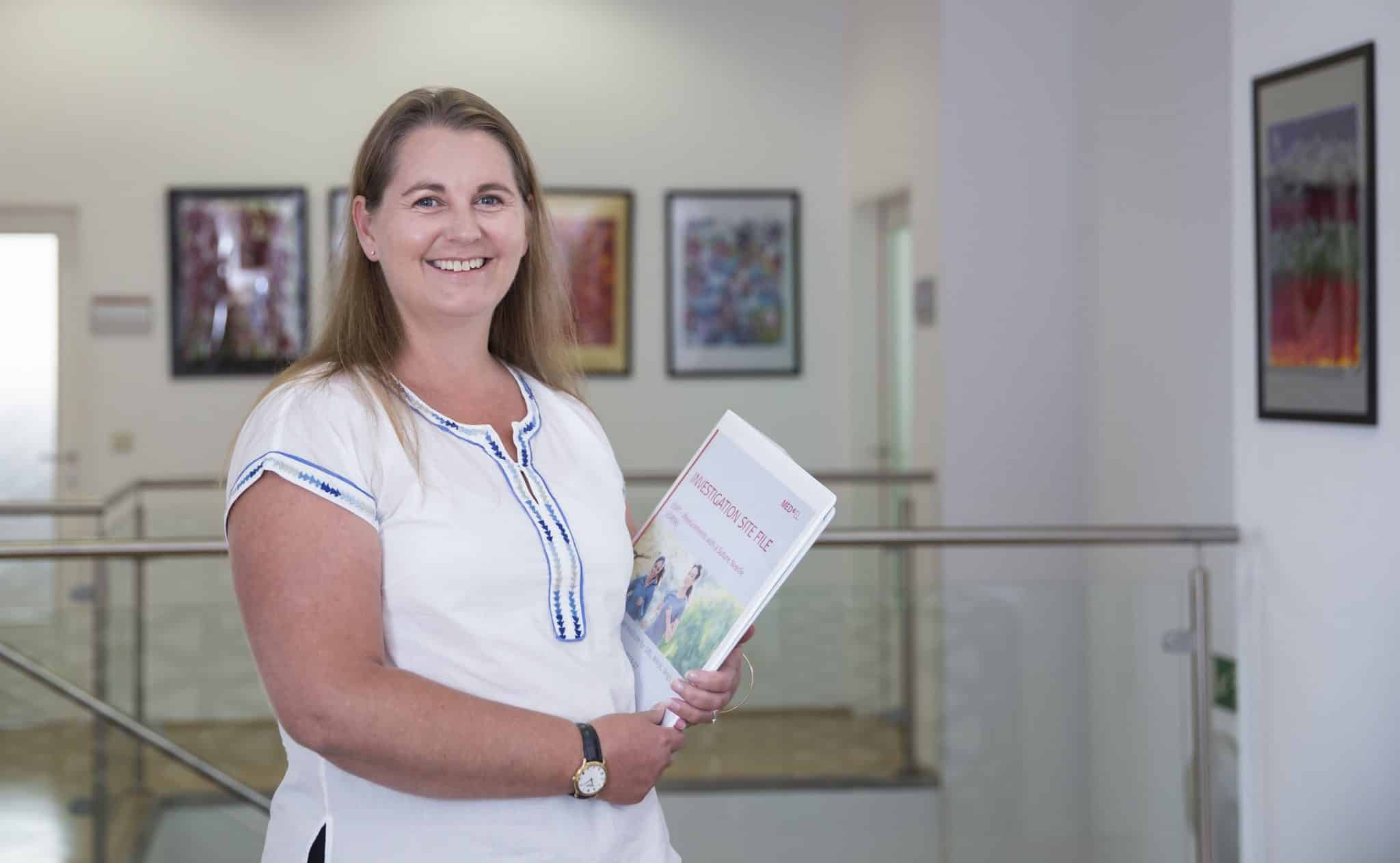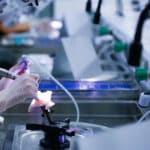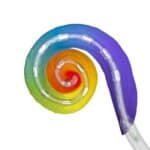Meet MED-EL’s Director of Clinical Research

Did you know a cochlear implant is the first and only replacement of a human sense? Clinical research is essential to offering MED-EL implant recipients in every country the best quality, safety and reliability possible, now and in the future. Ilona Anderson leads MED-EL’s Clinical Research team, conducting clinical trials around the world to test, study and restudy all MED-EL products and prototypes.
“I love what we do in clinical research because I can really see how the device we create benefits people, and we are committed to supporting that person for life.”
Thanks for talking with us Ilona! Can you tell us a bit about yourself?
I was born in Johannesburg, South Africa. From the age of 13, I always wanted to be a speech therapist and audiologist. I studied at the University of the Witwatersrand in Johannesburg, and I got my PhD from the University of Antwerp, Belgium in the assessment of cochlear implants in children. I travel a lot for both work and pleasure, and I like to swim, hike, and bake!
How important is clinical research in the cochlear implantation field?
Clinical research is extremely important to the cochlear implantation field—it is needed to drive development of future products. Because we are constantly designing and developing new products for the hearing loss field, we always need to evaluate and test these, sometimes in multiple countries. We always keep an eye on our product. We are always checking that our products are safe, effective, using the most-advanced technology and giving the best outcomes for recipients. We want to ensure that every recipient, no matter what country they’re from, can have the peace of mind knowing that they will benefit from MED-EL’s technology like backwards compatibility, microphone directionality and electrode length. I love what we do because I can really see how the device we create benefits people, and we are committed to supporting that person for life.
How does clinical research benefit recipients?
We look at our product in creative ways, and try to think from the mindset of a recipient. For example, if I were a recipient, I would want to know that I can benefit from the newest MED-EL audio processor with my older implant in my head. Therefore, we consider backwards-compatibility to confirm that recipients can benefit from the latest MED-EL audio processors now, and in the future. Another example could be that a new MED-EL audio processor has come out. As a recipient, I may be interested to see how this affects me in listening to music. So, we studied how a MED-EL audio processor can offer a better listening experience with FineHearing technology.
“We are always checking our products are safe, effective, using the most-advanced technology and giving the best outcome for recipients.”
What is the process of a clinical study?
As well as being involved when a product is in design development, we do both pre-market and post-market studies. When the product is developed and ready for market, we do a pre-market study to show the device is safe and its features effective. For example with the SONNET audio processor, we looked into its various front-end features, such as microphone directionality and wind noise reduction. We then set up a study to see the effects of these features on a person’s speech understanding. We then used those results to get approval to put the SONNET out on the market. After a product is out on the market, we do post-market studies to show long-term benefits or results for recipients. All these studies are always done at university clinics around the world to ensure neutrality in our results.
How do you prove that our technology can provide the greatest benefit to our recipients?
Every university clinic where we conduct clinical studies has an “ethics committee”. The ethics committee is an independent group made up of people from different religions, professions and backgrounds. They inform us if the study planned is acceptable and that no patients are at any risk, and they review the completed study. If it’s a pre-market product, we then go to a final body for review to get a Certificate Europa (CE) Mark or equivalent, which deems the product safe and effective for consumer use. These reviews by external bodies ensure that our medical devices are to the highest standard. We get our products recertified every five years, and clinical evaluations are done annually.
“We look at our product in creative ways, and try to think from the mindset of a recipient.”
How do international laws affect clinical research?
We are a global company helping people with hearing loss solutions in over 110 countries around the world. We are bound by strict rules and regulations in each of those countries. In clinical research, we manage law differences in countries to get a product out to people there. If we want to make a product available in China, all studies of that product must be done in China. Because of this, there we work with an entirely China-based team of users, surgeons, and other medical professionals. In the US for example, they have certain laws regarding clinical studies, so we also have a research team there. So, it is key to keep on top of all laws!
What direction is the cochlear implantation field heading in?
I’ve been with MED-EL’s Clinical Research team for over 15 years, and I have been the Director for the last 10 years. Initially, there were four or five of us. Now, this has grown to a team of 20. This is reflective of the significant and continual growth in the number of products and solutions MED-EL offers for hearing loss. We’re at the forefront of new technology, and clinical research is an important part of enabling recipients to benefit from this.
Thanks Ilona!
Liked this interview on MED-EL’s clinical research? Meet MED-EL’s sound coding master, or learn more about how our cochlear implants are hand-made!
Subscribe to the MED-EL Blog to get exclusive interviews, guest stories, and rehab tips and tricks sent straight to your inbox twice a week!
Thanks for your message. We will reply as soon as possible.
Send us a message
Field is required
John Doe
Field is required
name@mail.com
Field is required
What do you think?


